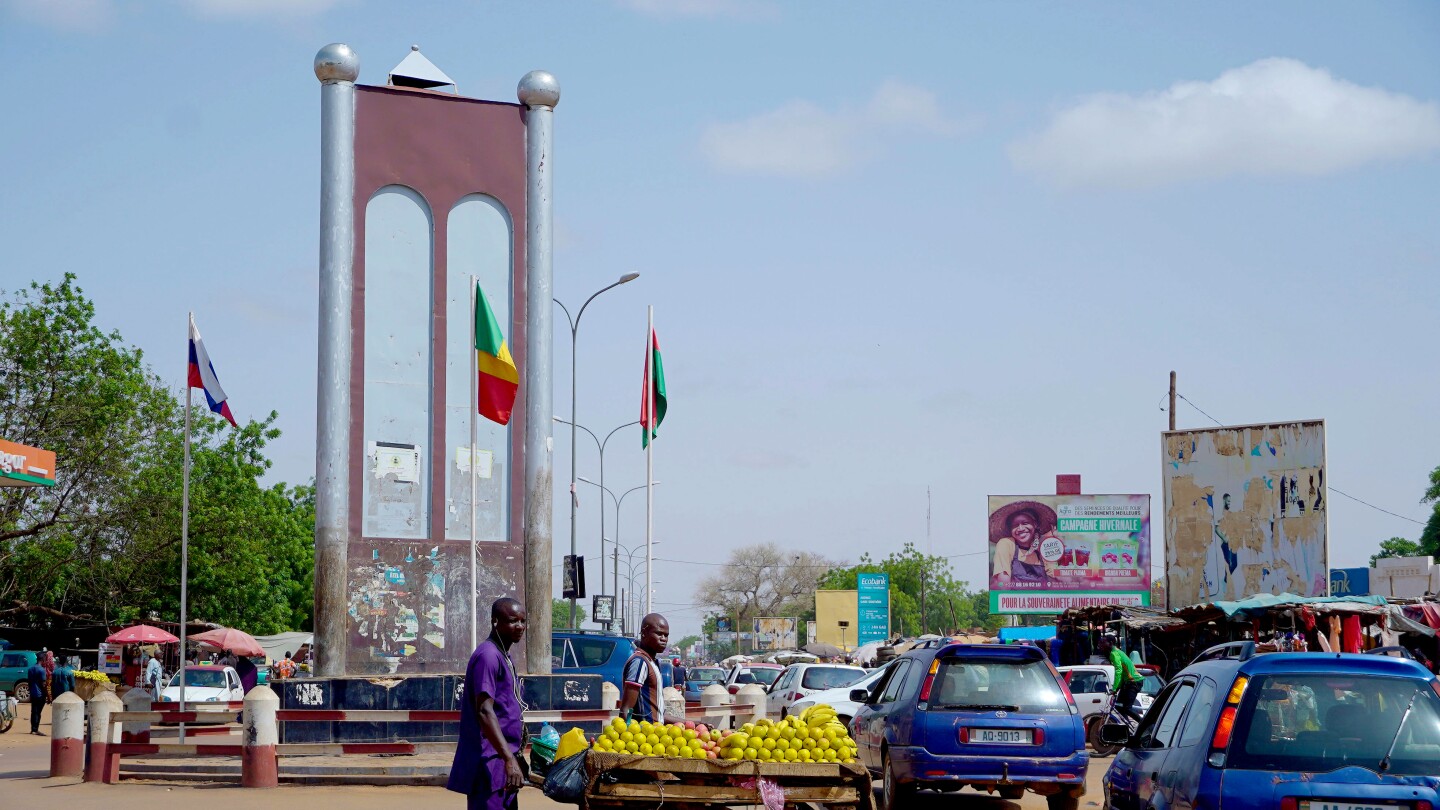ABUJA, Nigeria (AP) — When a group of military officers appeared on state television in Niger one year ago to make a dramatic announcement of a coup, they said they deposed the West African nation’s elected government for two key reasons: its security, and economic crises.
But those challenges have persisted, even worsened. The country’s 26 million people — among the world’s youngest and poorest — are struggling after the junta severed ties with key international partners, who have imposed sanctions and suspended security and development support affecting close to half of Niger’s budget.
The coup was the latest and perhaps most significant of the recent military takeovers in Africa’s Sahel, the vast, arid expanse south of the Sahara Desert that has become a global hot spot for extremist violence. Niger had been the West’s last reliable partner in the region in battling jihadists linked to al-Qaida and the Islamic State group.
Now, a crucial U.S. drone base is going, along with U.S. forces vacating ahead of a September deadline. More than 1,000 French troops also pulled out after being told to leave. A key China-backed pipeline once meant to turn Niger into an oil exporter has stalled with the insecurity and uncertainty.



Also not sure how the west African neighbors they also cut ties with were ‘exploiting’ them.